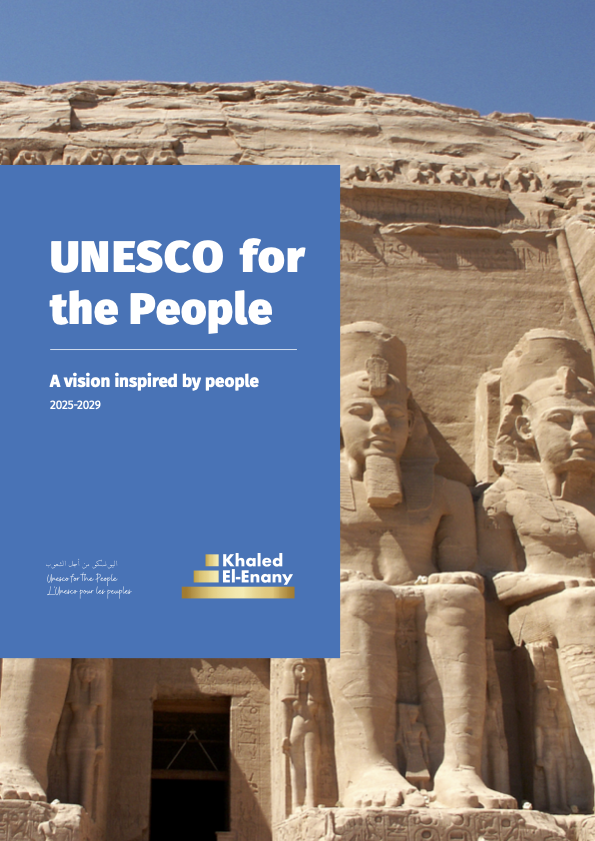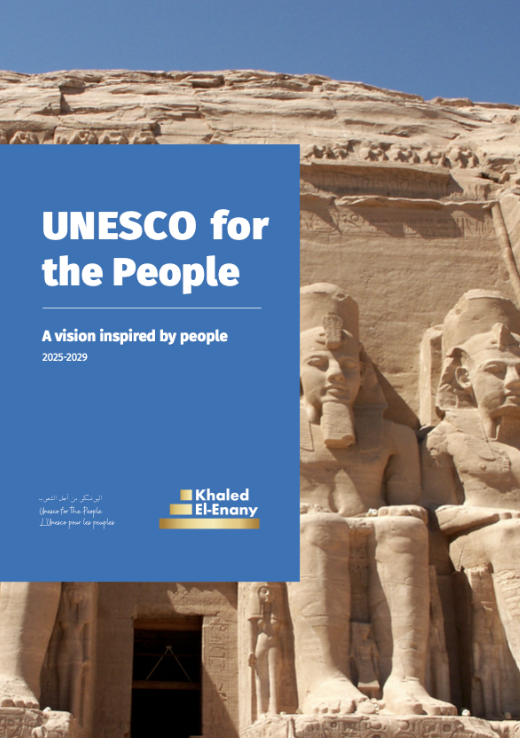Candidate's vision
UNESCO for the People,
Khaled El-Enany
A UNESCO for the People places human beings at the core of its mission, without distinction or discrimination, leaving no one behind. It is a UNESCO that effectively acts to improve people’s lives, transcend borders, enable nations to prosper in peace and dignity, and cultivate collective hope for a better tomorrow.
This vision is not only mine. It is, above all, yours.
It is the result of a journey of stimulating discussions, and over sixty countries visited around the world since 2023, where I listened, engaged, and learned from people of diverse backgrounds and cultures. Rooted in my core values, this vision is enriched by my firsthand experience and understanding of real challenges facing education, scientific research, culture, and management of large institutions, along with exposure to international practices.
UNESCO is a vast family driven by all Member States. Convinced that the Secretariat’s primary role is the effective and impartial implementation of Member States’ decisions, and the submission of proposals meeting their priorities, I would adopt an open-door policy and organize regular meetings with Permanent Delegations. I pledge to serve as a cultural bridge, fostering consensus through depoliticized technical deliberations, and strengthening dialogue with Governing Bodies. My references will be UNESCO’s Constitution, its standard-setting instruments and strategies, as well as the Universal Declaration of Human Rights.
UNESCO will assert itself as a cornerstone of multilateralism, developing synergies and joining forces within the wider UN family, actively advancing 2030 Agenda and beyond, and optimizing collaboration with multilateral platforms and civil society.
UNESCO’s full mandate will be honored while adapting to evolving realities and addressing global, regional, and national challenges. The Organization’s four strategic objectives and five functions, adopted in the Medium-Term Strategy 2022-2029, will be rigorously upheld through a peace-, human rights-, and sustainable development- based approach.
UNESCO’s fields of competence – education, science, culture, communication, and information – will continue to be promoted as global public goods. Meanwhile, teachers, scientists, researchers, artists, journalists, and all people embodying and disseminating the Organization’s mission, will be championed, and their rights will be safeguarded, to enable each of them to flourish and become a catalyst in building peace.
People Prospering in Peace…
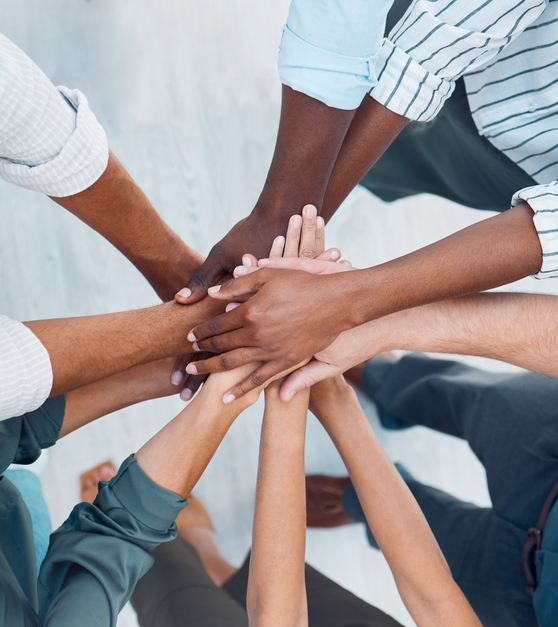
UNESCO will remain steadfast in its contribution to peace – the Organization’s raison d’être – harnessing soft power diplomacy through its fields of competence. It will continue addressing the root causes of conflicts, including racism, hate speech, prejudice, and discrimination, whether spoken, written, or online. UNESCO will work with Member States to promote a culture of peace and develop legal frameworks and policies protecting rights and freedoms pertaining to education, scientific progress, cultural life, access to information, water, and sanitation, and freedom of opinion and expression.
People Empowered through Quality Education…
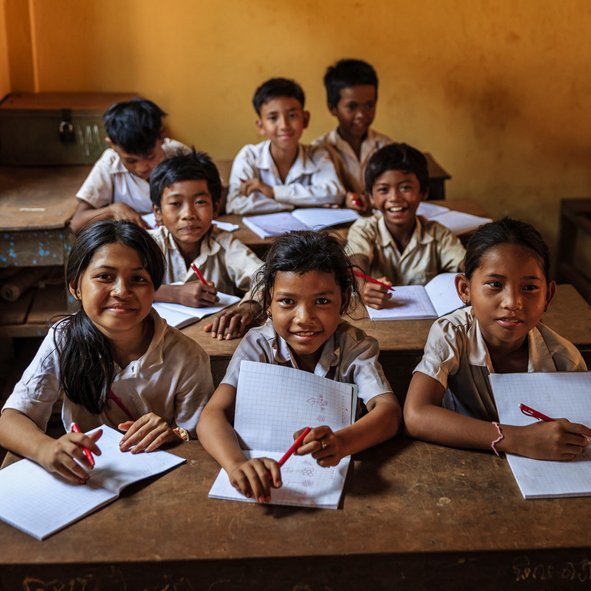
Education is the cornerstone for peace and security, human rights, rule of law, and development. Through its different forms, it equips learners with tools and skills to thrive. UNESCO helps Member States safeguard the right to education for all – particularly girls –, involving marginalized communities, and students with disabilities, while enhancing education systems’ governance, and addressing challenges highlighted by TES, and GEM reports. It will advocate for increased investment, adequate infrastructure, and internet accessibility. Education for peace and human rights, sustainable development, and global citizenship will be championed, including education on genocide and violent pasts. UNESCO will prioritize lifelong learning approach from early childhood to higher education, encompassing literacy, adult learning, STEM, and TVET. It will elevate teachers’ status, capacity, and address their shortages. Additionally, it will promote accessible and reliable OER, modernize curricula, with emphasis on digital learning, and envision the future of education to meet evolving job market needs. UNESCO will continue supporting policies promoting culture and arts, physical education, and students’ health and well-being. As the lead UN agency in education, the Organization will boost synergies among multilateral agencies and donors, and leverage its networks of institutes, centers, and schools.
People Thriving through Science…
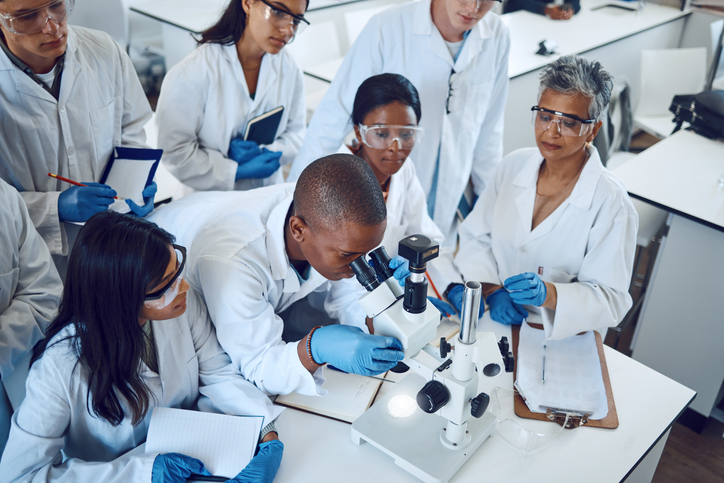
Ethical, responsible, and inclusive science, technology, and innovation foster social cohesion and drive sustainable development. UNESCO defends the right to science and the freedom and safety of scientists, particularly women and youth. It will continue advocating for investment in research, strengthening scientific ecosystems, infrastructure, inclusive digital transformation, sustainable AI and data governance, and promoting open science to reduce disparities. UNESCO will advance social, human, and basic sciences, support science- policy-society nexus, technology incubators, research institutions, think tanks, and bolster global academic exchanges and networks, including South-South and triangular cooperation. The Organization will widen the application of ethical AI, neurotechnology, quantum technologies, and synthetic biology, across its fields of competence, promoting the implementation of science-related recommendations.
People in Tandem with Nature…
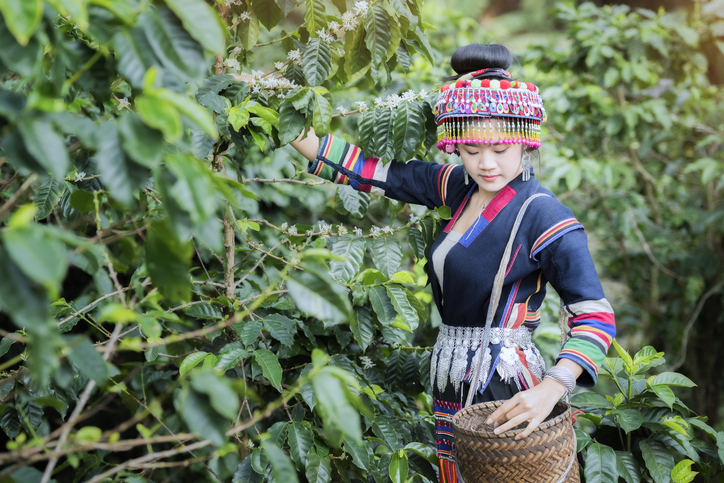
Our future is linked to our planet. UNESCO will respond to Member States’ needs in addressing climate change impact. It will build resilience through education, awareness, capacity building, media, and science-based policies – where technology, Indigenous and local knowledge converge. The Organization will continue its efforts in climate action, biodiversity, ecosystems and geodiversity conservation, water security, and ocean management through IOC. It will emphasize data collection and analysis, forecasting, early warning systems, and disaster risk reduction. UNESCO will promote sustainable funding, support international networks, collaborative research harnessing technologies, and environmental monitoring across World Heritage sites, geoparks, and biosphere reserves.
People Embracing Their Heritage…
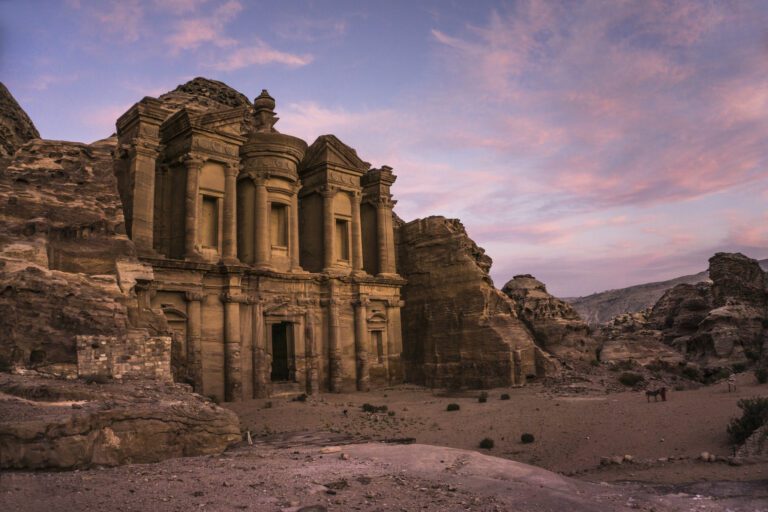
UNESCO will preserve our natural and cultural heritage harnessing sciences and technologies, while calling for strong legal frameworks and governance. Through tailored curricula, well-trained educators, site visits, and AI tools, youth will become more connected to their heritage. UNESCO will assist in building capacities, protecting cultural property during conflicts, fighting against their illicit traffic, safeguarding underwater, natural, and cultural – tangible and intangible – heritage. To ensure better representation on UNESCO’s lists, customized assistance will be provided during the inscription procedures, in collaboration with advisory bodies, especially for underrepresented countries. Endangered sites will be prioritized, and transnational nominations will be encouraged, while reinforcing the World Heritage Center. UNESCO will work on attracting financial resources for heritage preservation, and will collaborate with relevant stakeholders to promote sustainable tourism where heritage is valued and protected.
People Inspired by Culture…
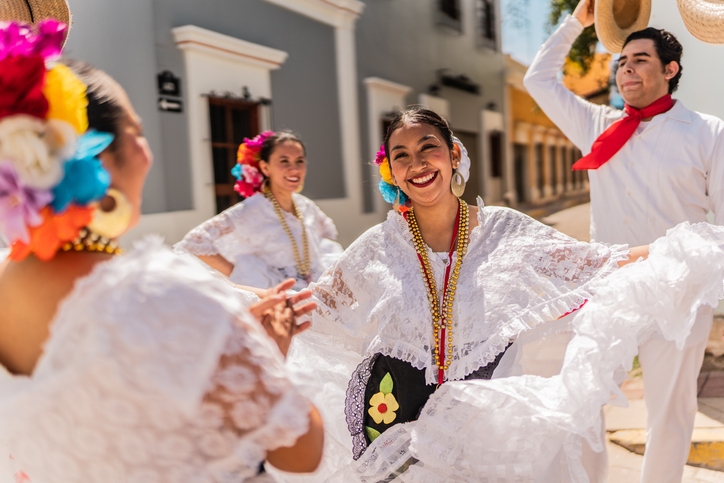
UNESCO will advocate for culture to take a prominent role in the post-2030 Agenda. Building on the Pact for the Future, it will support national policies harnessing cultural and creative industries as a powerful driver for social and economic development. UNESCO will continue to protect the rights and freedoms of artists, along with cultural professionals and practitioners, supporting them during times of crises, as well as in navigating the impact of new technologies. It will aim for increasing resources, safeguarding cultural expressions, fostering cultural literacy, ensuring equal access to culture and arts, providing creative spaces, and supporting traditional handicrafts and knowledge. Museums and cultural institutions will be encouraged to strengthen their societal role, and to organize joint and cross-cultural events. Finally, UNESCO will support the digitization of documentary heritage, archives, and cultural artifacts.
People Engaged through Communication and Information…
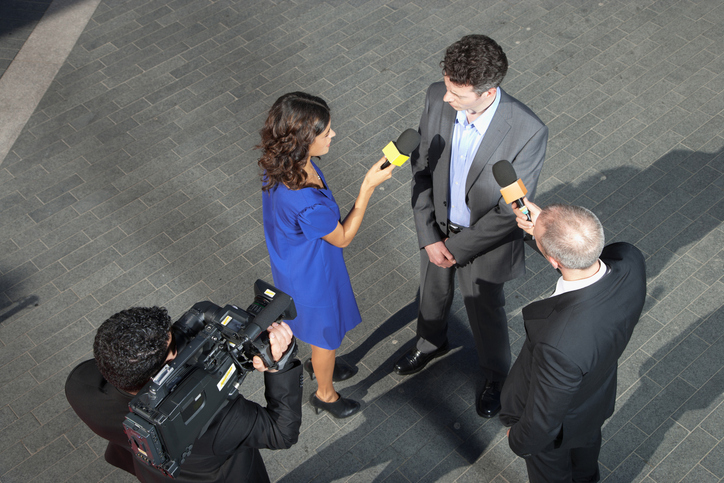
UNESCO champions free access to transparent and reliable information. It will continue implementing its pivotal role regarding the safety of journalists and media workers – particularly women –, safeguard freedom of opinion and expression, and advocate for strengthening national laws and policies. It will promote Internet Universality, media and information literacy, while emphasizing the role of media in critical thinking and inclusion. UNESCO will maintain collaboration with governments and digital platforms to combat hate speech, misinformation, and disinformation, supporting independent, free, and pluralistic media. Finally, multilingualism as well as Indigenous and endangered languages will be honored across UNESCO’s mandate.
People at the Heart of Our Priorities…
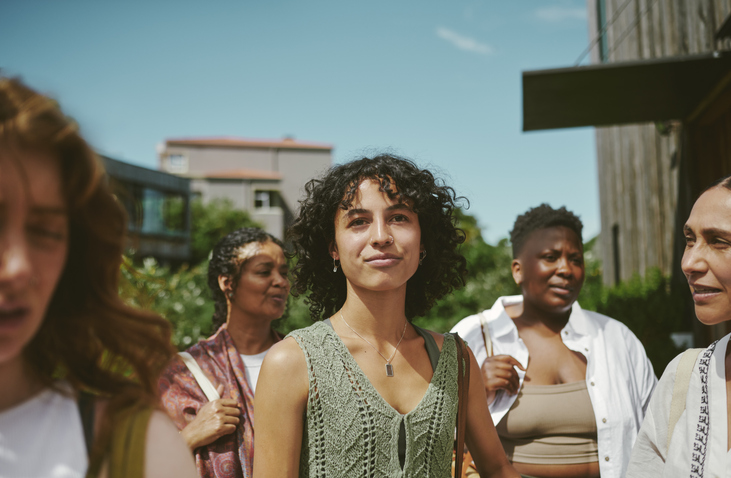
UNESCO’s global priorities and priority groups remain at the core of our focus.
Global Priority Africa will respond to the real needs of African communities seeking impactful change to address their immense challenges. UNESCO will strengthen its collaboration with African countries, AU, international donors, funds, and civil society. It will promote a culture of peace, accelerate educational transformation, advance science and technology, and preserve heritage, in alignment with Agenda 2063 and UNESCO’s Operational Strategy.
Gender equality is a fundamental pillar for UNESCO, as women are essential players in building peaceful and just societies. Through flagship initiatives, the Organization will empower girls and women to fully exercise all their rights, without discrimination or violence, fostering gender equality through its fields of competence, enabling women to thrive, even in the most challenging contexts.
Small Island Developing States (SIDS) are facing existential challenges. Their people urgently seek collective actions and concrete results to mitigate the impact of climate change and fortify their resilience, through diversified sources of funding. A multidimensional vulnerability index, prepared in consultation with SIDS, will ultimately support the accelerator programs.
Youth will be empowered through skills development, entrepreneurship incubators and accelerators, global forums and networks, cultural and academic exchange programs, while including them in the decision-making processes. Sports will be utilized to foster peace, social cohesion, gender equality, and sustainable development.
Aside from these adopted priorities, actions should be taken to effectively support vulnerable people in times of emergencies – natural disasters, conflicts, and crises. UNESCO must be ready, through a dedicated fund, to honor its role within its fields of competence: before (preventive), during (mitigation), and after (recovery).
A vision rooted in good governance…
Ensuring Efficiency, Transparency, and Accountability…
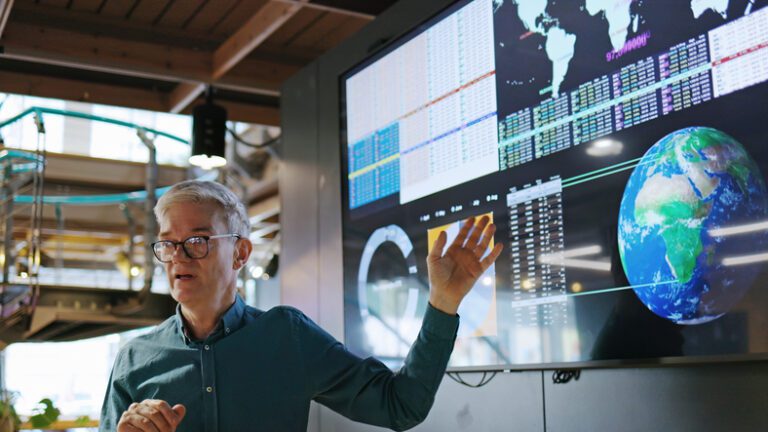
Strategic planning, monitoring, evaluation, risk management, and programs’ design and implementation with tangible KPIs are crucial for UNESCO, alongside an empowered IOS. Decision- making processes will be streamlined to tackle bureaucracy and avoid redundancies, leveraging latest technologies. Member States will have high visibility into the allocation of resources through improved financial tracking and transparent reporting systems.
Fostering Coordination and Alignment…

UNESCO’s sectors will be empowered through a decentralized approach, while ensuring dynamic synergies, complementarity, and intersectoral actions. Strong coordination with and among field offices will be optimized, while empowering them, enhancing their autonomy, and strengthening their agility and responsiveness to local needs. Open communication between staff and leadership will maximize alignment and effectiveness. UNESCO’s vast global ecosystem of networks and National Commissions will benefit from continuous engagement, coordination, and support for greater efficacy.
Securing Competence, Integrity, and Inclusion…
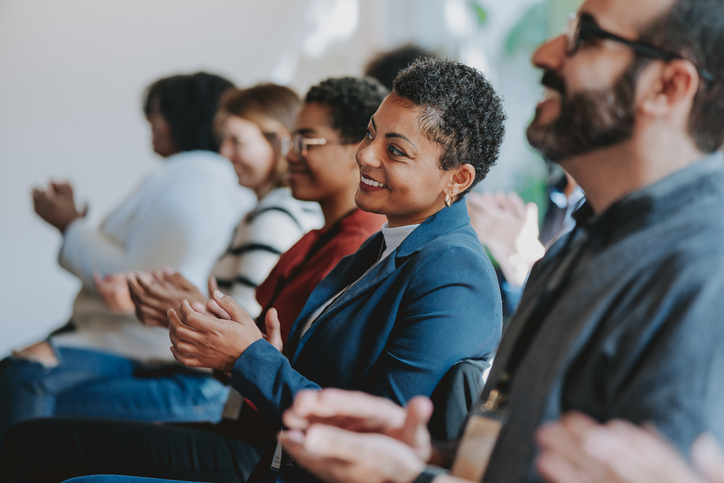
Transparent and merit-based recruitment as well as professional development will be a priority, alongside building capacities of the staff. While commendable progress has been made towards gender equality in the Organization – and will continue –, efforts will be exerted to ensure equitable geographical representation at all levels, prioritizing underrepresented countries. A safe, ethical, respectful, and inclusive work environment will guarantee that all personnel are equally valued and empowered, and secure expertise retention.
Enhancing Visibility and Showcasing Impact…

UNESCO’s global perception continues to be primarily associated with cultural heritage, overshadowing its other valuable contributions to human development. A communication strategy tackling and showcasing the Organization’s full mandate and its influence on humanity is of paramount importance. Storytelling and personal testimonials will be delivered by people whose lives have been positively impacted by UNESCO. Communication will include strengthening existing channels, expanding media outreach, forging partnerships, and leveraging new technologies. This approach would refine the perception, ultimately attracting additional donors.
Diversifying and Expanding Resources for Financial Sustainability…

UNESCO will build on progress made in attracting voluntary contributions and in managing revenue- generating funds. However, the recent drastic change of the global funding landscape necessitates more efforts to explore every possible opportunity to raise funds. The Secretariat’s fundraising capacity will be strengthened to proactively engage with governments, multilateral institutions, UN mechanisms, Funds, prioritizing the private sector and philanthropic foundations, ultimately targeting more flexible financing. Diversified funding sources will be explored, encompassing co-branding opportunities, media partnerships, sponsored cultural events, targeted fundraising campaigns, and financing mechanisms, such as sustainable finance instruments, including social impact bonds. Finally, donors will be able to track their contributions through a tailored digital system, ensuring full transparency.
Driven by my deep belief in the power of collective work, this vision is an outstretched hand and a call to action for an inclusive UNESCO, capable of uniting people, through dialogue, trust, and mutual respect.
Let us come together to build a UNESCO for the People.


